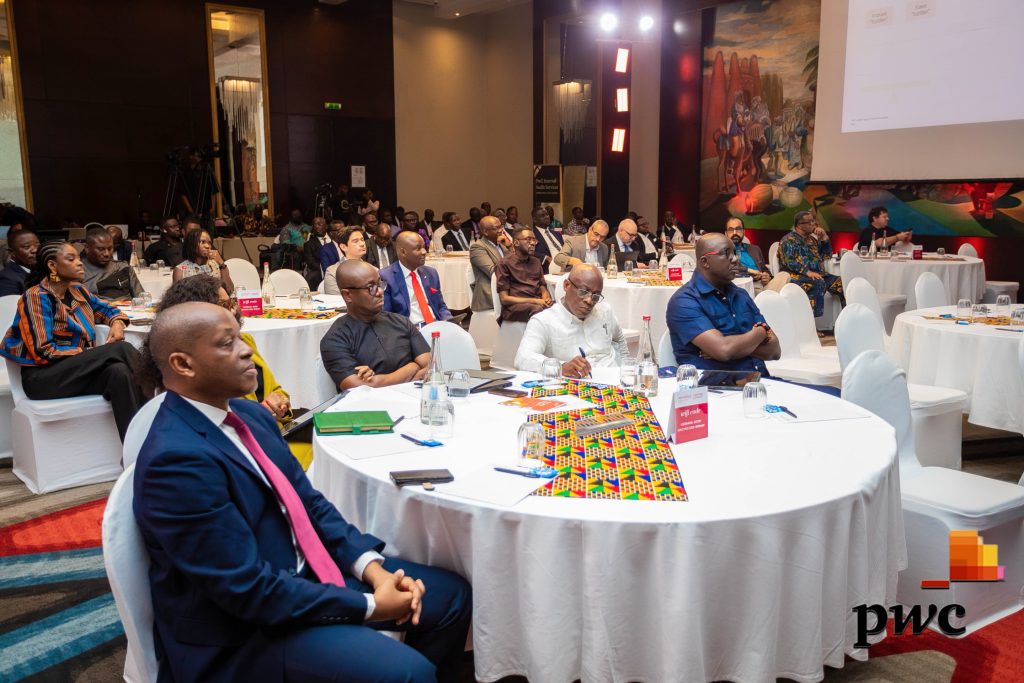Accra, March 19, GNA – The government has been urged to focus more on implementing the various measures set out in the budget to create a better environment that will allow businesses to thrive and private sector to grow.
Mr Vish Ashiagbor, Country Senior Partner at PricewaterhouseCoopers (PwC) Ghana, who made the call, said the private sector had so far failed to live up to its billing as the engine of growth because of policy implementation challenges.
“So, from a business point of view, we think that the budget is business friendly. The key will be on how we implement going forward,” he said at PWC Ghana 2025 Budget Digest in Accra.
Touching on the growth and sustainability levy, Mr Ashiagbor called for dialogue between the government and the mining sector to resolve the issue.
He said while those in the mining sector argued that an increase in the levy and extension of the tenure would distort their investments based on a long-term plan and likely affect returns, the government was in a difficult position in balancing the revenue and expenditure.
“So, I think the key here will be to have more dialogue. The proposals have already been made, but dialogue will be necessary so that the mining sector in this case can have a better understanding of what the issues are and then government may also be able to come up through feedback with some alternatives that may create a win-win situation.”
On agriculture, he said the amount dedicated to agriculture specifically was quite small, which on the face of it looked strange, given that government was trying to push agriculture as one of the pillars of growth for the economy.
However, the other environmental factors around infrastructure, and creating agri-zones, among others would enable agriculture.
“So, government does not need necessarily to invest directly in agriculture itself, but to the extent that they create the environment that allows private sector to thrive in agriculture, we think that that is good,” Mr Ashiagbor said.
“So, if we take the big push, we take the policy around agri-zones, we take some of the policies around industrialization, which moves from primary agriculture to agri-processing, if we consider all of those as part of the ecosystem for agriculture, then we think that it’s a good start,” he added.
Presidential Advisor on the Economy, Mr Seth Tekper, reiterated the government’s commitment to supporting local enterprises.

He mentioned that the government plans to continue backing the Exim Bank to help facilitate value addition and support export growth.
“We will not only continue to support the Exim Bank, but we are actively working on increasing value addition within our domestic industries”, he pointed out.
“This is critical to ensuring that we can retain more value locally and decrease our reliance on imports”, he said.
The Presidential Advisor on the 24-hour Economy policy, Goosie Tanoh said the government was working to restructure the economy and break the heavy reliance on imported commodities.
He said the government’s accelerated export development programme would address the challenges affecting the agriculture sector.
Mr. Tanoh said the new approach is not just about cutting imports, but about transforming the entire agricultural value chain to create sustainable jobs and ensure long-term economic stability.
The PwC Post-Budget Analysis is a comprehensive review of the government’s proposed financial policies, fiscal measures, and their implications for various sectors, businesses, and the general public.
GNA
CA/